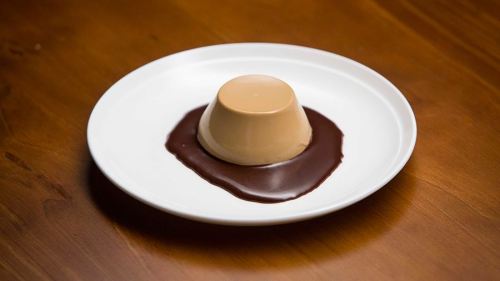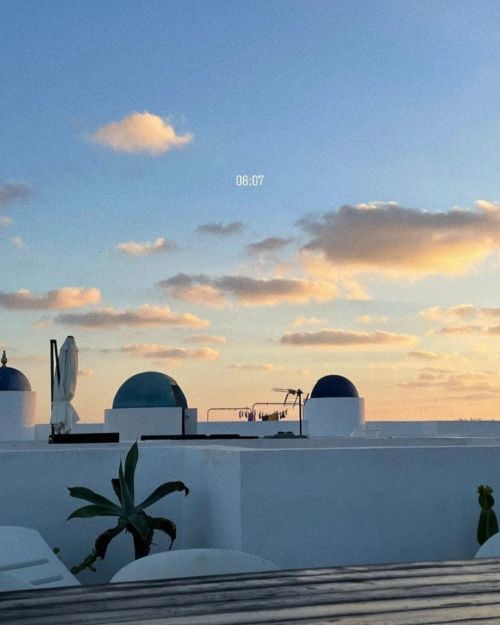#heavenly
Vanilla Slice with Passion Fruit icing
Follow Us On Instagram
https://www.instagram.com/heavenin_abite/
Post link
The most photogenic chocolate layer cake ever! Get a slice at Fine Bagels in Berlin
Follow Us On Instagram
https://www.instagram.com/heavenin_abite/
Post link
Homemade Cupboard Training [homemade]
Follow Us On Instagram
https://www.instagram.com/heavenin_abite/
Post link
Follow Cake & Stuff for more sweet dessert & baking inspiration!
Follow Us On Instagram
https://www.instagram.com/heavenin_abite/
Post link
My first attempt at the elusive French macaron
Follow Us On Instagram
https://www.instagram.com/heavenin_abite/
Post link
Double chocolate cheesecake with raspberry sauce. [1919x1281] [OC]
Follow Us On Instagram
https://www.instagram.com/heavenin_abite/
Post link
Coffee Panna Cotta with Chocolate Sauce
Follow Us On Instagram
https://www.instagram.com/heavenin_abite/
Post link
We made it to ten issues! Yay!
Ok, let’s get started then. First is 白. I wouldn’t be surprised if you’ve seen this before. I means ‘white’. It’s a 日 (sun) with a dot on top of it. The dot is supposed to represent brightness like: OH KAMI THE BRIGHT SUN BURNS WITH A WHITE HOT LIGHT!
It’s used in words from white (the color) “白い” to white man (Caucasian) “白人” to drawn sword “白刃”. Some points though: yes, white man is as mildly offensive as it is in English, although it leans more towards “cracka”. And now you might be wondering about the “drawn sword” thing. Well, when you see a sword out of its sheath, is does have a sort of white glow to it, so it sort of makes sense.
Next is 百. It means “100”. It’s supposed to be “一” (one) plus the pronunciation of 白, which by itself is はく. 百 is pronounced “ひゃく”, so there is sort of a connection, but that’s it. I look at is as a 100 turned on its side, if you tilted your chin to the left. It strangely looks like the Arabic numerals for 100, so that’s pretty coincidental.
Now we have 曰. 曰 is not 日. I know they definitely look alike at first glance, but take a good look at 曰. Stare at it. Peer into the depths of its very being. You’ll notice that unlike 日, 曰’s middle line IS NOT COMPLETED. That means it’s not 'sun’. 曰 means 'say, reason, history’. It’s supposed to be 口 with a line through it. In that way, it sort of looks like lips with room to breathe I guess. It’s more of an old fashion 'said’ though. Most modern speech would have you use 話す or 言う.
Next is 大, another fairly common kanji. It’s meaning? BIG. It’s supposed to be a man standing imposingly. And when you think about it, 大 covers more space than a guy with their hands at their sides. It covers a BIG area, so it’s big.
Next is 太, or as many t-shirts like to think of it as: “A”. It’s not A. In fact, I laugh whenever I see this on a t-shirt. Most commonly a shirt of ninjas where one says “Hi” and the other says “HIY太!” Of course it’s supposed to seem cool, but it’s actually pretty funny. 太 means FAT. It has the same sound as 大 and adds the dot to seem extra thick. This is why I call my friend’s ninja shirt her 'fat’ shirt. 太 becomes an い-adjective to mean 'fat’.
Also, side note if my Chinese isn’t terribly rusty (it’s been about seven years since I took it), but I think in Chinese 太太 (together, as a word) mean 'mrs.’ Like, after a woman gets married they become fat. It’s a little funny, really, in a “how did this stereotype come about” way. Again, it’s been a while since I studied Chinese, so the meaning may be a tad off, but the gist is the same.
Next is 天, another common kanji. 天 is often translated as “heaven”, but not like the Judeo-Christian Heaven as no one in China really knew that the idea of it even existed. It’s better translated as “The greatness above”, “Imperial”. This is why 天皇 or “Imperial” + “Emperor” refers to Japan’s emperor, as they (used to? I’m not sure now) believe that the emperor is a descendent of Amaterasu, the Sun Goddess (yes, the Amaterasu that the Ookami wolf is based on). In fact, Amaterasu’s name itself contains 天 to be in full 天照 (literally Heavenly Shine). There is also 天気, which I would literally translate to “the mood of the greatness above”, or “weather”.
(Irrelevant Side Pun alert. Ookami can be written in TWO ways in Japanese. One is 大神 and the other is 狼. 大神 means “Big God”, where 狼 means “wolf”. Guess what the Big God(dess) Amaterasu has to turn into in the game “Ookami”? That’s right. A wolf. Because why have homonyms if not to make obscure puns.)
Last is 犬, which makes me chuckle a little bit because I’m…well, I’m an Inuyasha fan. There! I said it! Are you happy, Rumiko Takahashi?!
But seriously, 犬 means 'dog’. I…I honestly can’t think of any links at the top of my head except how it sort of looks like a dog snout. Like the mid point is the nose, and the two lines going underneath it is the mouth. I guess you can work around that. The first image on this page tries to make the kanji into an expandable dog toy. A little bit of a stretch, but still pretty cool.
And that’s all for today. In other news, I passed the N3 JLPT!! Woohoo! Mugs of ginger ale for everybody!
Heavenly
#ninaluba #ninalubainspiration #ninalubamoodboard #heavenly #heavenlysunset
Photo by @anjascnk (at Fuerteventura)
https://www.instagram.com/p/Ce8OC0VIOTH/?igshid=NGJjMDIxMWI=
Post link


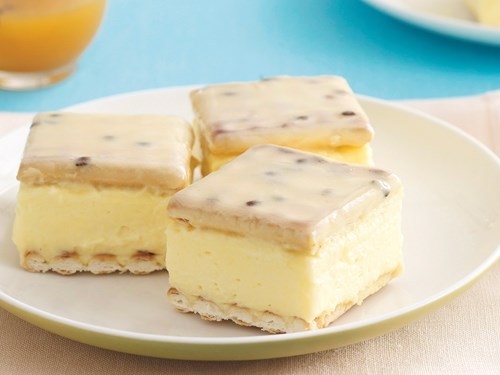

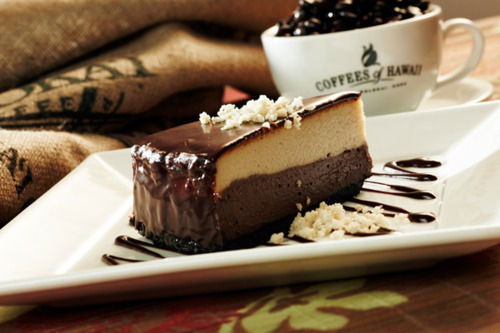
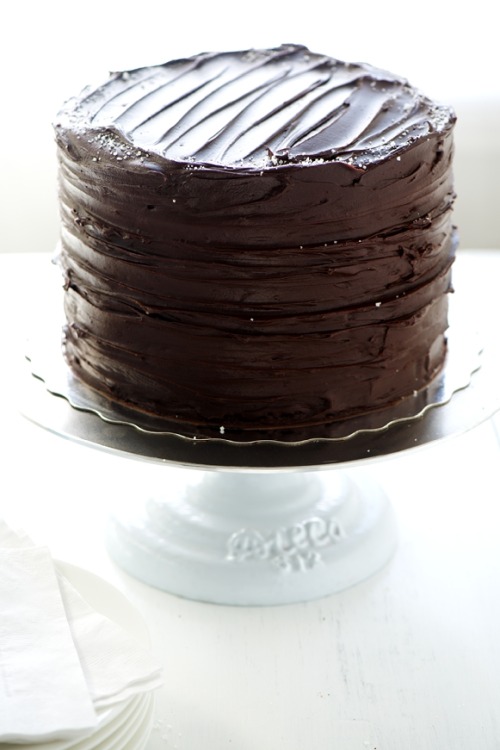


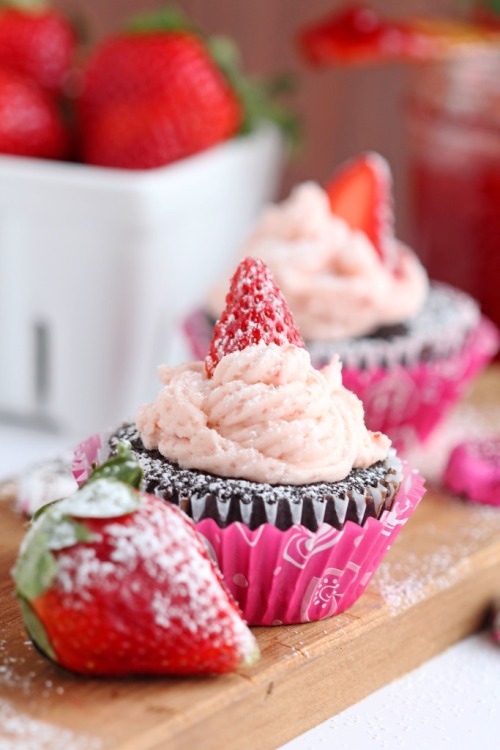
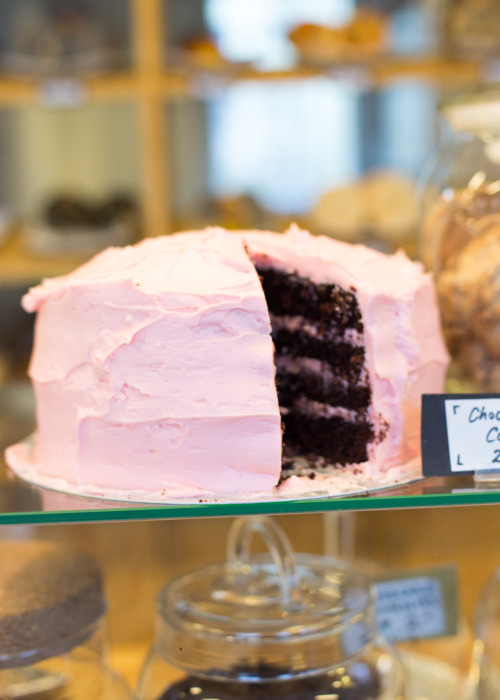
![swankydesserts: Homemade Cupboard Training [homemade] Follow Us On Instagramhttps://www.instagram.co swankydesserts: Homemade Cupboard Training [homemade] Follow Us On Instagramhttps://www.instagram.co](https://64.media.tumblr.com/c382bf9adb4fae4539df283722e975f8/tumblr_ojy2kmMgpY1tdm3eco1_400.png)
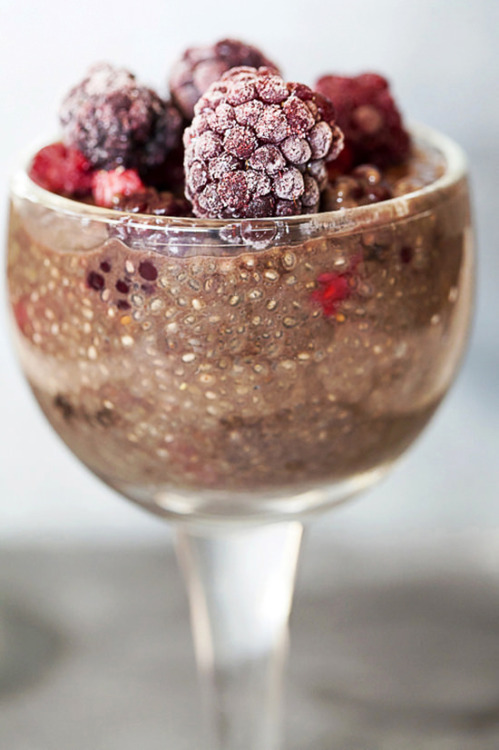
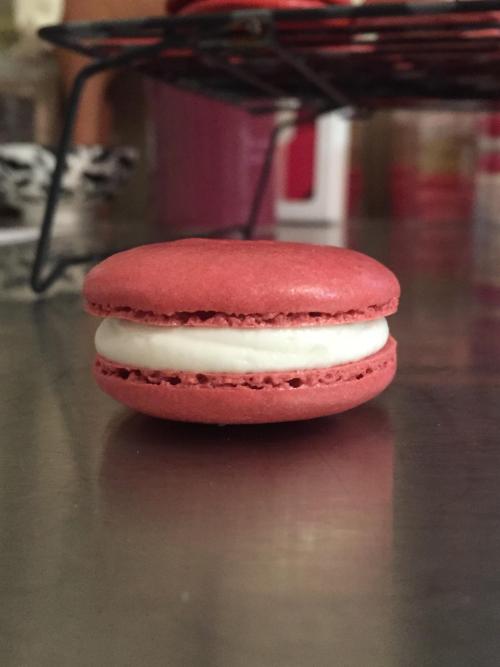
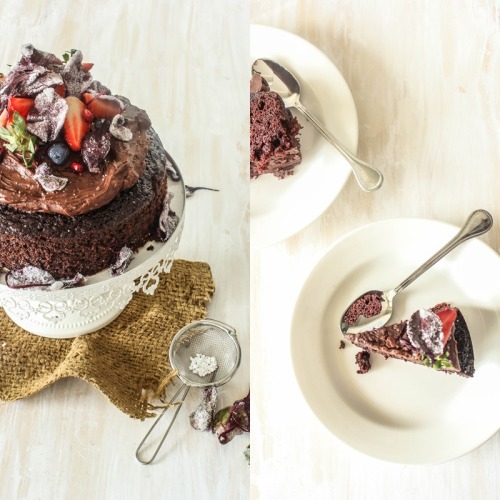
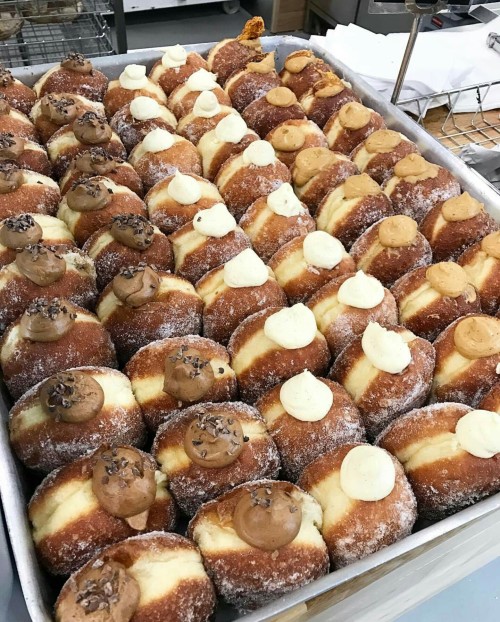
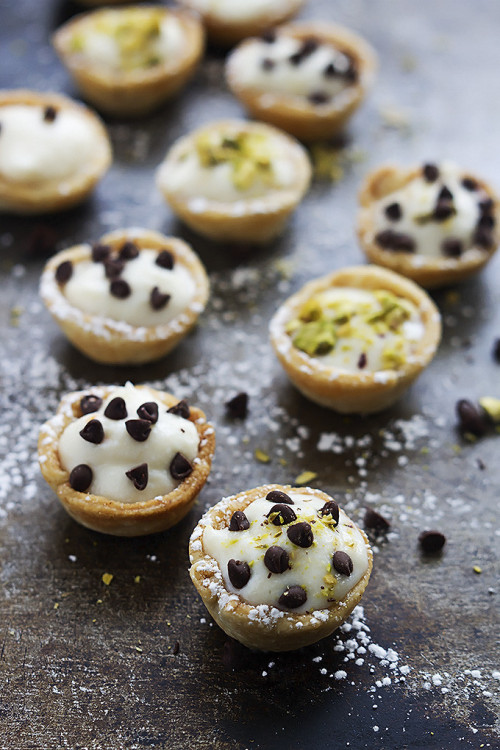
![food-porn-diary: Double chocolate cheesecake with raspberry sauce. [1919x1281] [OC] Follow Us On Ins food-porn-diary: Double chocolate cheesecake with raspberry sauce. [1919x1281] [OC] Follow Us On Ins](https://64.media.tumblr.com/8f2e312f7ba8feda6e22ff4361e05ff4/tumblr_ojpv8btpPs1t7uvlqo1_500.jpg)
